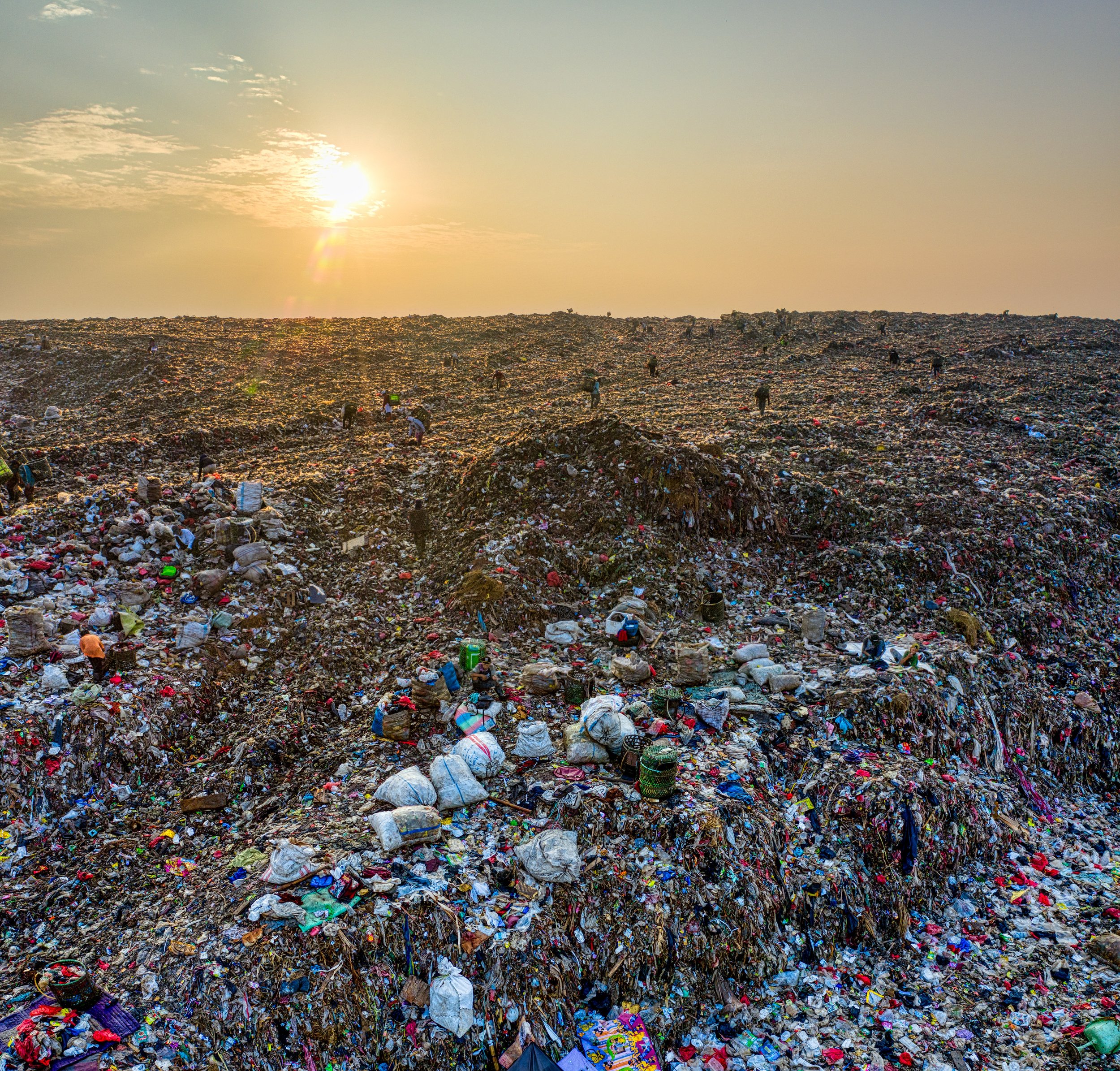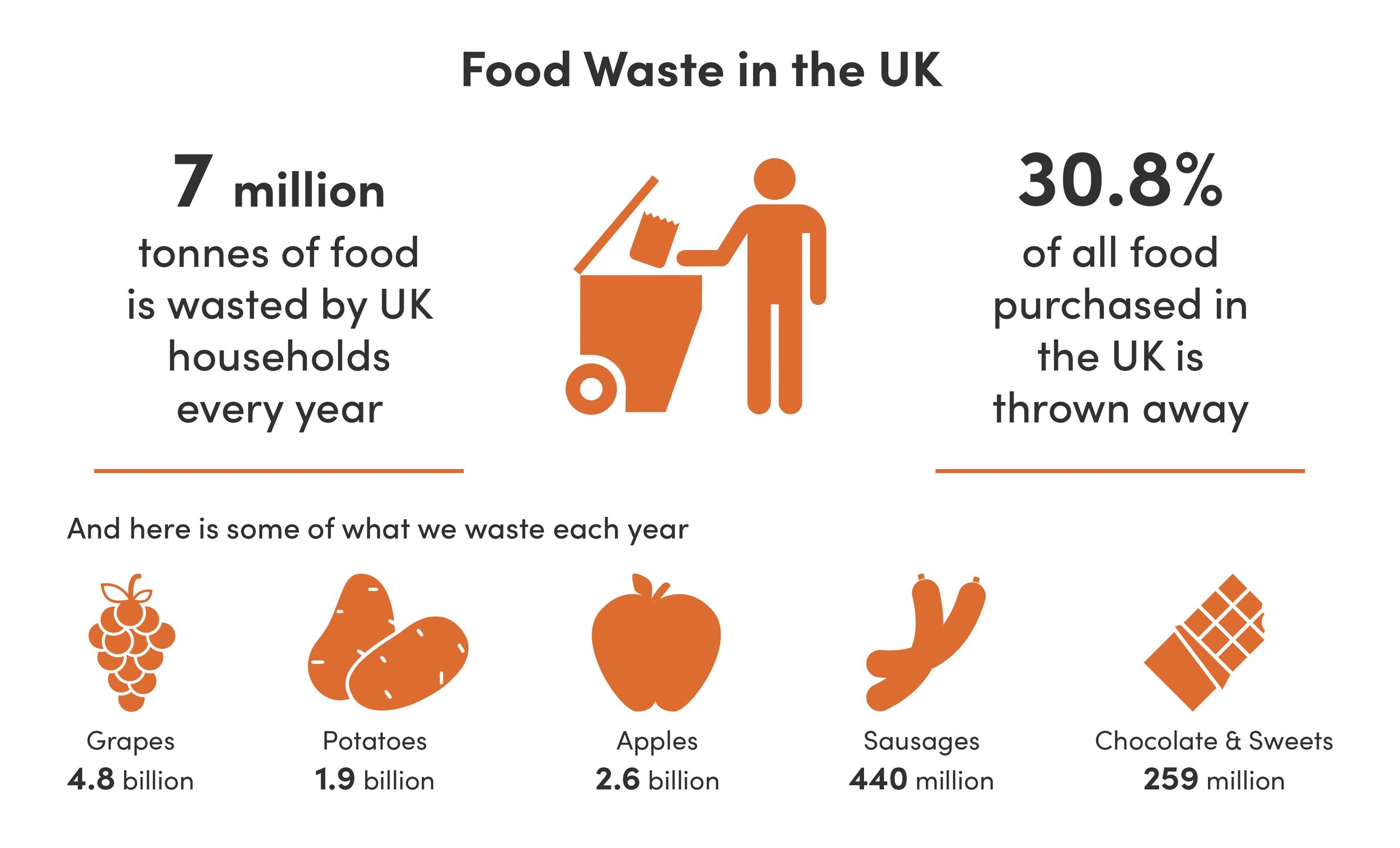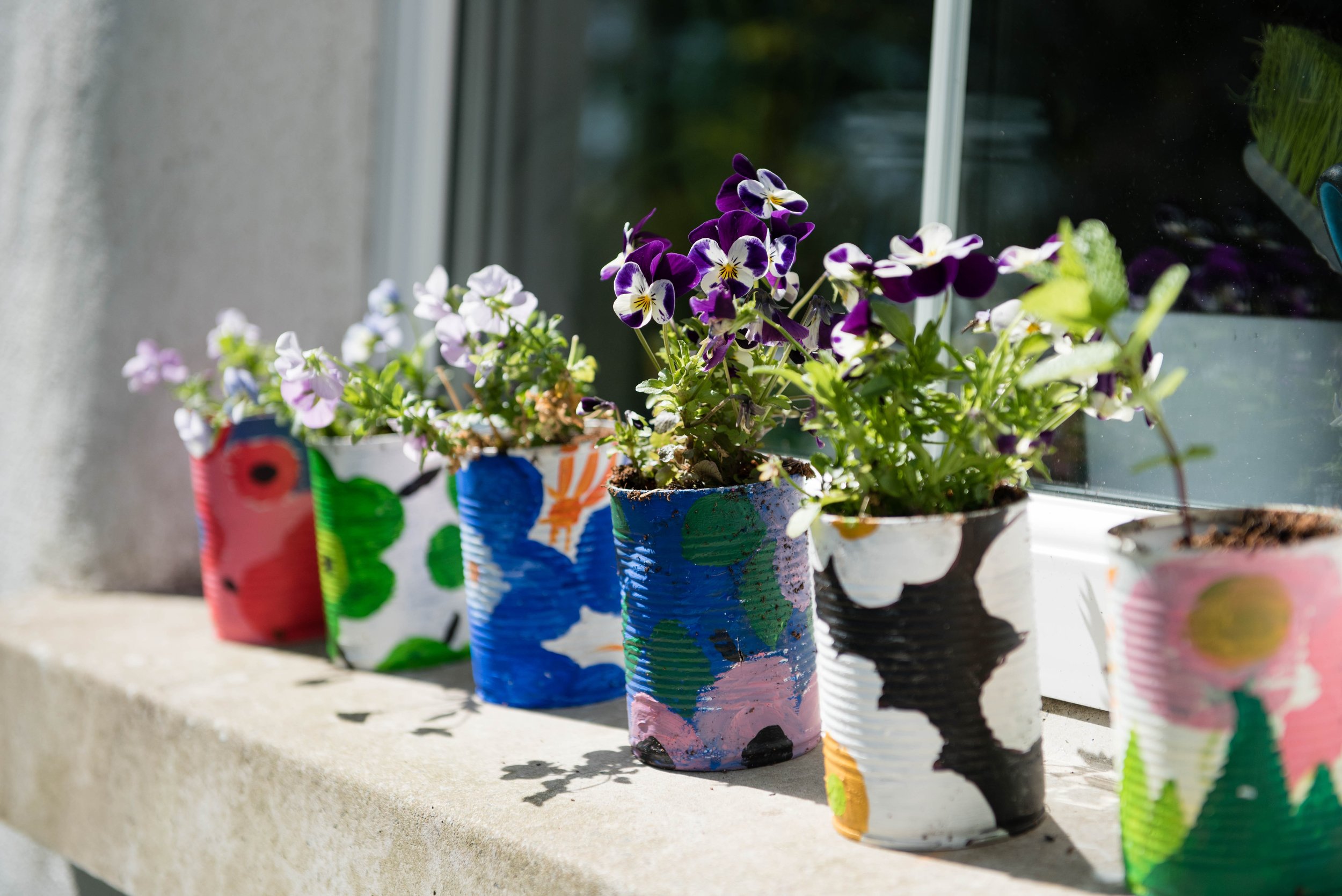
Waste Management
A Global Problem
Key Facts
Over 2 billion tons of waste is dumped globally each year.
It is estimated that this figure could increase by 70% by 2050 if we do not take urgent action.
Up to 40% of the world’s waste is not managed properly; only 13.5% is recycled.
Low-income countries only recycle 4% of their total waste.
Poor waste management accounts for approximately 5% of global greenhouse gas emissions.
As countries develop and the global population increases, so does our waste production; a trend that shows no signs of slowing down. If we were to put a year’s worth of waste onto trucks there would be enough trucks to circle the world 24 times! Poor management of this waste is having an increasingly negative impact on our world. Harmful greenhouse gases are produced as a result of the dumping and burning of waste in landfill, further contributing to global climate change. Poor management of materials like plastic is also detrimentally affecting the world’s wildlife. Littering and overflowing bins and landfill sites means that plastic is entering our oceans at an alarming rate. Many species like turtles and whales are at risk from entanglement and mistaking plastic for food. Clearly, effective waste management is integral for building a sustainable and healthy world, yet it is repeatedly overlooked.
The UK Situation
Key Facts
UK households produce 31 million tonnes of waste each year, the equivalent weight of 3.5 million double decker buses!
7 million tonnes of this is food waste.
15% of the cost of the products we buy accounts for the packaging, most of which ends up as waste.
⅔ of UK plastic packaging waste is exported as a commodity.
The waste sector is responsible for 5% of the UK’s total greenhouse gas emissions.
It is thought that 80% of the UK’s total waste could be recycled, saving a lot of money, energy and other resources. Recycling 1 tonne of paper could save enough energy to power one household for an entire year. In the UK, we only recycle about 45% of our household waste, but the Government set a target for this to increase to 50% before the end of 2020. Unfortunately, a bag of recycling can be easily contaminated by a single, non-recyclable, product (e.g. a disposable cup), resulting in that batch of waste being sent to landfill.
Much of our food waste could also be recycled; it could be re-distributed via food banks or even be used as animal feed. Astonishingly, as much as half of the food waste that is thrown away is still edible, which only strengthens the argument for us all doing our bit to manage our waste better.

Our Tip
You can now buy bamboo or recycled plastic toothbrushes and electric toothbrush head replacements. You can even compost your bamboo toothbrush when you have finished with it.
How You Can Help!
When it comes to waste management it helps to think in terms of - Reduce, Reuse, Recycle.
Reduce:
Think about how you can cut down the amount of waste you are producing in the first place.
Can you buy your fruit and vegetables without plastic packaging, or use alternatives such as shampoo bars instead of liquid shampoo in bottles?
By cutting down in what we produce in the first place we can use less materials and reduce the amount of waste going to landfill and recovery.
Reuse:
New ideas from old packaging.
Of the packaging you do have, what can you utilise for a different purpose? Some ideas are:
Turning your tins into plant pots.
Using upturned plastic bottles as a watering system for your garden.
Make a unique bag out of crisp packets
Why not get crafting. The options are endless!
Refill or zero waste shops and stations.
Why not take those old bottles and containers and get them refilled? Zero Waste and Refill shops are now a familiar sight on our high street and offer a wide range of products from cleaning to food.
There are many websites that list the locations of these places around the UK, and you can also search on maps for your local stores.
Not only does this make use of old containers, but it can cut down on food waste, as you can buy just the amount you need, and it is also a great way to support your local high street.
Recycle:
Household Collection.
You can recycle a range of items in your regular household recycling. What you can recycle does vary from council to council, so check with your local authority first to see what services your council offers.
Remember to always wash your packaging before your recycle it.
UK National Recycling.
You can also recycle packaging at locations all over the UK through a range of free recycling programmes via public drop-off locations.
There is the opportunity to recycle a wide range of materials including:
Contact lens | Home and laundry care | Water filters | Confectionery packaging | Crisp packets | Marigold gloves | Medicine packaging | Pet food packaging | Writing instruments
You can use an interactive map to find out what services are available in your local area. Click the button below and then select the type of product/material you would like to recycle.

Our Tip
You can check what can and can’t be recycled in your area by using the following link:
Useful Symbols
Useful Links & Further Information
Click the title below for further information.
-
If you are looking for a place to buy eco friendly, sustainable products, then My Little Eco Shop is a great choice. Start replacing plastic & environment damaging products with kinder & smarter options for our planet!
You can get 15% off your order by using the code TAKE15
-
The Zero Waste Box system is the all-in-one recycling solution that can be used by everyone to recycle a wide range of packaging.
-
Watch this video to see how you can recycle your used crisp packets in to life saving survival blankets for the homeless.
-
If you have ever wondered how long it takes for some of your rubbish to decompose, then have a look at this. A list of everyday products including; 10-12 years for a cigarette butt, 100 years for a battery and 500-800 years for sanitary pads.







